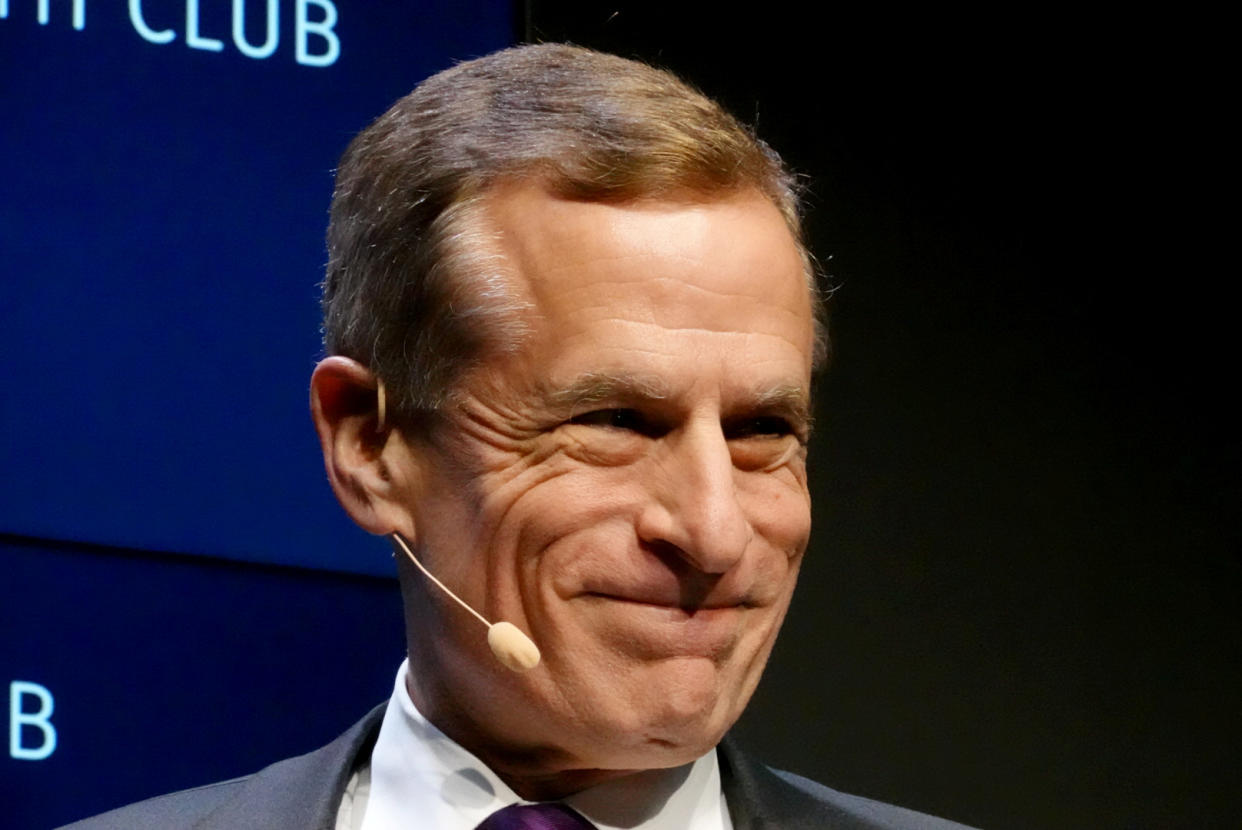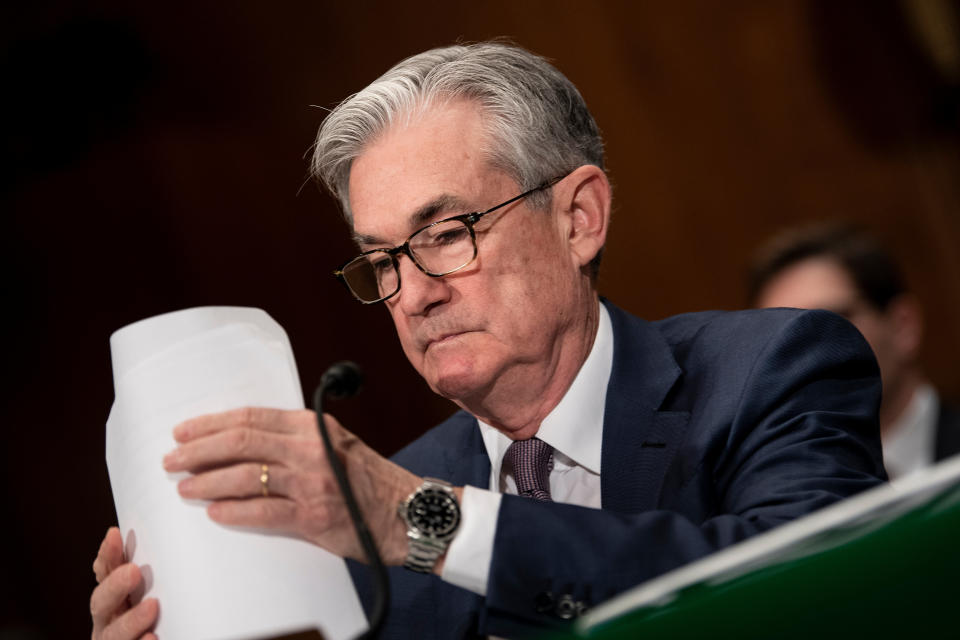Dallas Fed's Kaplan: US economy 'likely at or past' full employment

Dallas Fed President Robert Kaplan says that he views the labor market as “likely at or past” full employment, hinting that Kaplan may see a weaker case for lowering interest rates.
In an essay published Tuesday, Kaplan wrote that he still views the current level of interest rates as “roughly appropriate” for the U.S. economy. He added that he projects no rate changes through the end of 2020.
Kaplan said he expects “solid growth” for the year and projects the headline unemployment rate ticking down from 3.6% back to 3.5%. Kaplan also pointed to a labor force participation rate of 63.4%, the highest level since June 2013.
“All this suggests to Dallas Fed economists that the U.S. economy is likely at or past the level of full employment,” Kaplan wrote.
Kaplan’s description of the labor market revives similar language from Fed officials in 2015 and 2016, when policymakers felt the unemployment rate could not fall below 5.0% without inflationary pressures. The Fed began hiking interest rates, citing a labor market that appeared “close” to its Congressionally-mandated goal of maximum employment.

Fed officials have since softened their view of how tight the labor market can get. Fed Chairman Jerome Powell has suggested that the labor market is not at full employment and can continue to pull more workers in from the sidelines.
“We’re never going to say we’ve accomplished that goal,” Powell said of the Fed’s maximum employment mandate.
Coronavirus is a ‘meaningful risk’
Kaplan said that his outlook on the economy could be affected by the coronavirus outbreak, but said it is “too soon” to judge its impact on the U.S. and global economies.
But the Dallas Fed said the coronavirus still presents a “meaningful risk” to oil demand since the Chinese market represents about 14% of total global consumption and about 57% of global consumption growth in 2019. Kaplan wrote that production growth will likely slow in 2020 and spur weaker capital spending, by as much as 10% to 15% in 2020.
Kaplan also warned that the delay in production of the Boeing 737 Max (BA) would likely reduce U.S. GDP growth by as much as 0.4% in the first quarter of 2020.
“The extent of the full-year effect will ultimately be determined by the timing of a return to production, likely later this year,” Kaplan said.
Kaplan is a voting member of this year’s Federal Open Market Committee. The next policy-setting decision on rates is scheduled for March 18.
Brian Cheung is a reporter covering the banking industry and the intersection of finance and policy for Yahoo Finance. You can follow him on Twitter @bcheungz.
Key GOP senators express worries over Trump nominee for the Fed
'We are all competing': Los Angeles finds new ways to tackle labor shortage
Fed Vice Chairman: Interest rates in 'good place' despite 'notable risks'
Fed to pare back 'Volcker rule' to expand bank investment in venture capital, securitized loans
'This is the new normal': California businesses pessimistic on phase 2 deal
Read the latest financial and business news from Yahoo Finance
Follow Yahoo Finance on Twitter, Facebook, Instagram, Flipboard, SmartNews, LinkedIn, YouTube, and reddit.

 Yahoo News
Yahoo News 

